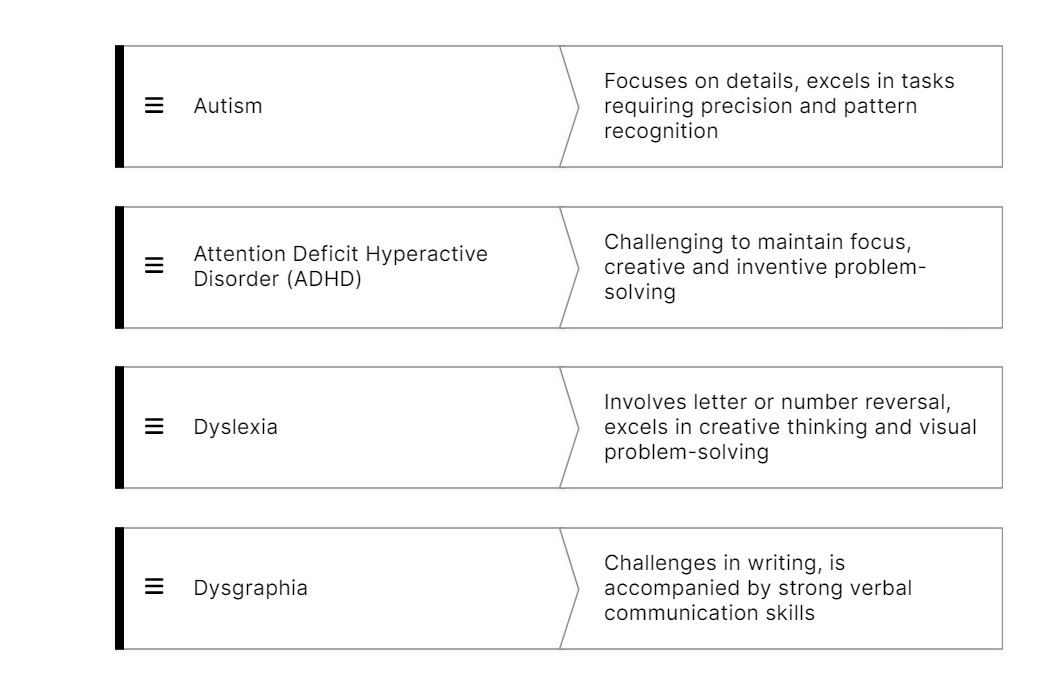this post was submitted on 04 Jan 2024
175 points (94.4% liked)
ADHD
9669 readers
211 users here now
A casual community for people with ADHD
Values:
Acceptance, Openness, Understanding, Equality, Reciprocity.
Rules:
- No abusive, derogatory, or offensive post/comments.
- No porn, gore, spam, or advertisements allowed.
- Do not request for donations.
- Do not link to other social media or paywalled content.
- Do not gatekeep or diagnose.
- Mark NSFW content accordingly.
- No racism, homophobia, sexism, ableism, or ageism.
- Respectful venting, including dealing with oppressive neurotypical culture, is okay.
- Discussing other neurological problems like autism, anxiety, ptsd, and brain injury are allowed.
- Discussions regarding medication are allowed as long as you are describing your own situation and not telling others what to do (only qualified medical practitioners can prescribe medication).
Encouraged:
- Funny memes.
- Welcoming and accepting attitudes.
- Questions on confusing situations.
- Seeking and sharing support.
- Engagement in our values.
Relevant Lemmy communities:
lemmy.world/c/adhd will happily promote other ND communities as long as said communities demonstrate that they share our values.
founded 1 year ago
MODERATORS
you are viewing a single comment's thread
view the rest of the comments
view the rest of the comments

I guess it depends on context. If it's an awareness thing aimed at helping peers and leaders support people, I think it's a good start. Most such things are inaccurate, though. This one says "challenging to maintain focus", which is only true of something I'm not interested in. At other times, it's more challenging to switch focus. 🙂
Mind if I hijack this thread for a related topic?
I'm on the hook for doing a short talk on ADHD in my workplace's next all-hands meeting (I volunteered). I figure I'll use the time to correct some misunderstandings. I'll probably start with the name - calling it "attention deficit" is like referring to color blindness as "vision deficit" - it's true in some circumstances, but not very useful. I'm a bit leery of going with "executive function impairment", since I think that many people might think all congnition is part of "executive function" and hear that as "thinking impaired", when it's much more specific.
Does anyone have a term they like better than ADHD to describe what's really going on with us?
'Attention difference disorder' is nice and simple and encompasses the variations that happen. However, my personal favorite is 'nonconsensual multitasking'.
I think of it as a problem of "attention dysregulation". At least that feels like a closer description, since attention is a very central component in many of the difficulties we experience - it just can't be reduced to a "deficit" (whatever that could even mean).
You probably know this already, but I like to (re)phrase existing knowledge in several ways even if just for myself, because one can know something in more than one way: Attention regulation is how a brain prioritises, filters, and emphasises information about the external world, and I believe it also plays a big (and interesting) part in executive function
I understand the general concept of 'attention' as an allocation/distribution mechanism of cognitive resources, so calling it "deficient" feels a bit like category error. It's like reducing the challenges faced by a governing body responsible for mismanaging an economy to an "economy deficit problem". Just doesn't make much sense, even if the end result looks like a deficit in resources (analogous to focus) (in some areas).
I think executive functioning disorder is the best description of it. Adhd has never made sense as the name to me.
I might use the idea of horseback riding as an analogy. The neurotypical reflection of a human mind is a well-trained horse with a proficient rider. The rider is the concious viewpoint of the mind tied up with concious will. The horse is the rest of the mind (including the parts that control the body).
Someone with ADHD is riding a poorly-trained horse. It doesn't mean that the horse doesn't sometimes respond correctly to the commands of the rider, but it is far more likely to listen when the commands align with whatever the horse would prefer to be doing, and sometimes the horse won't listen at all even if the rider is trying desperately to get it to stop eating grass and get back on the path.
The analogy here drives home the idea that there is a disconnect between what the concious mind "wants" to do and what the rest of the mind is doing.
The analogy doesn't stretch very far, but by highlighting one of the major flaws of the analogy you can likewise highlight the painful irony of ADHD: to an outside observer there is no way to see that the rider is trying anything at all. This whole analogy is taking place inside one person's skull, and the entire concept of struggling to steer your own mind doesn't make much sense when you have a horse and rider that work so smoothly together that they feel unified.
Another version of this is that ADHD is like having a "Ferrari engine with bicycle brakes."
Dr. Hallowell is pushing for it to be called VAST Variable Attention Stimulus Trait since it better describes the experience from the patient's point of view. I like the term but change in the medical industry takes time so we shall see. 😊
I've recently heard the term "global creatives", which to me is maybe a bit too rosy but it explains reasonably well how we work - we can create at the global scale, but not at the local scale, if that makes sense. I.e. devise the whole system architecture or the project strategy, but not necessarily execute the details.
"ADHD is not an attention deficit, but an intention deficit" - https://www.youtube.com/watch?v=_tpB-B8BXk0&t=25
Here is an alternative Piped link(s):
https://www.piped.video/watch?v=_tpB-B8BXk0&t=25
Piped is a privacy-respecting open-source alternative frontend to YouTube.
I'm open-source; check me out at GitHub.